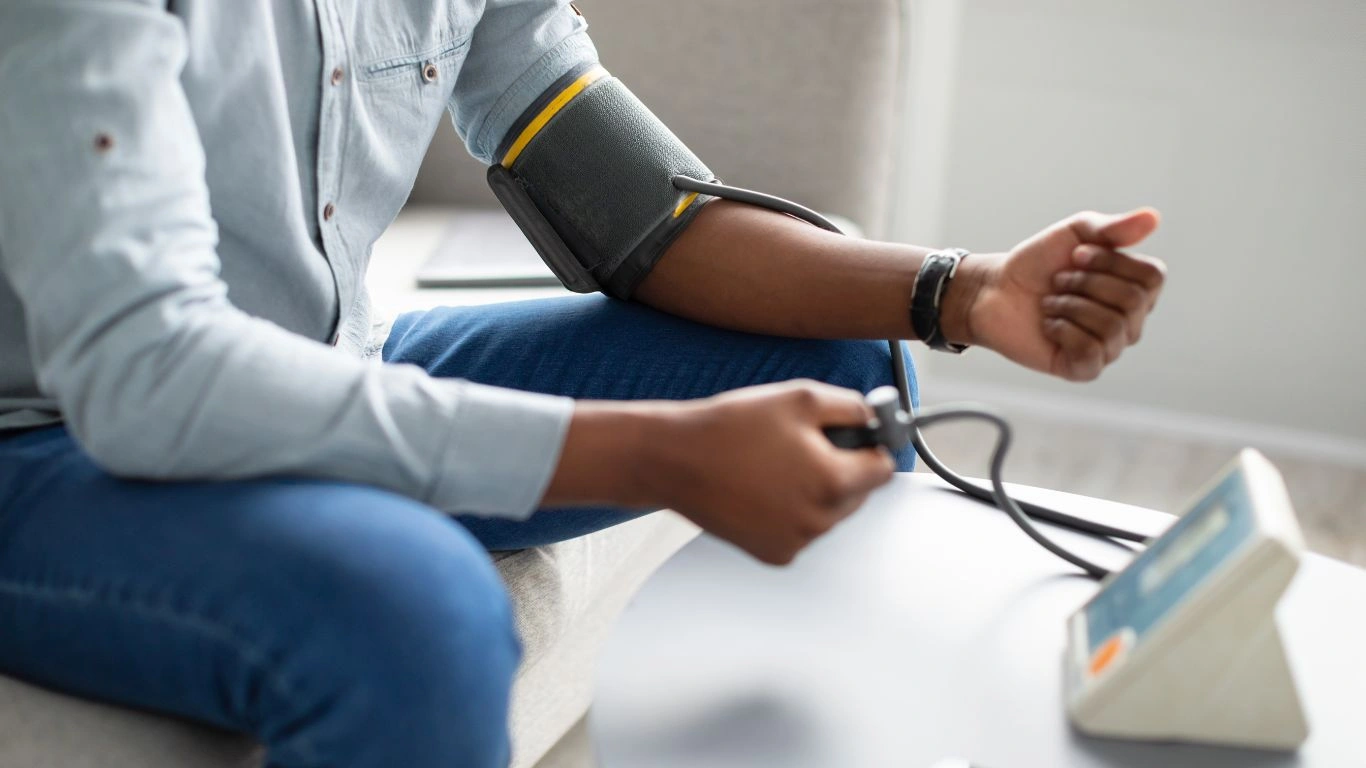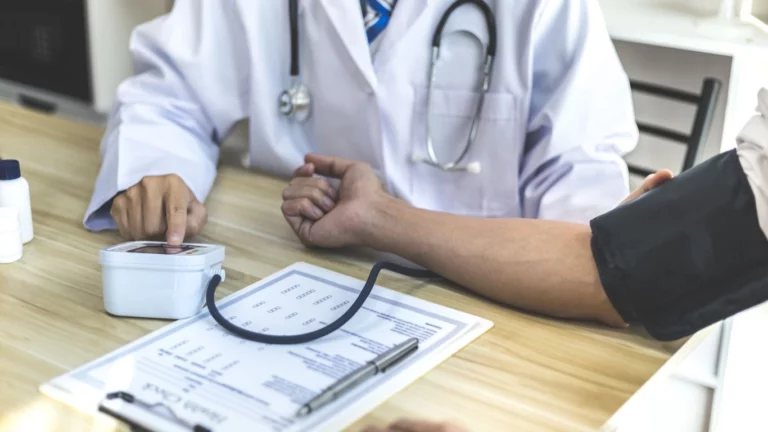Can Niacin Cause BP Spikes? Understanding the Risks and Effects
When patients ask me, “Can niacin cause BP spikes?”, it’s a question I get quite often in my internal medicine practice, especially with those managing hypertension. Niacin, also known as vitamin B3, is often praised for its benefits in improving cholesterol levels, but the relationship between niacin and blood pressure can sometimes be a bit confusing. Having worked closely with hypertensive patients for years, I’ve seen firsthand how certain supplements and medications can unexpectedly affect blood pressure — sometimes in ways you wouldn’t predict.
So, let’s dive into the nitty-gritty of how niacin interacts with blood pressure and why it might cause spikes in some people. Understanding this connection is vital if you or someone you care for is juggling hypertension and thinking about adding niacin to their routine.
What Exactly Is Niacin and Why Do People Use It?
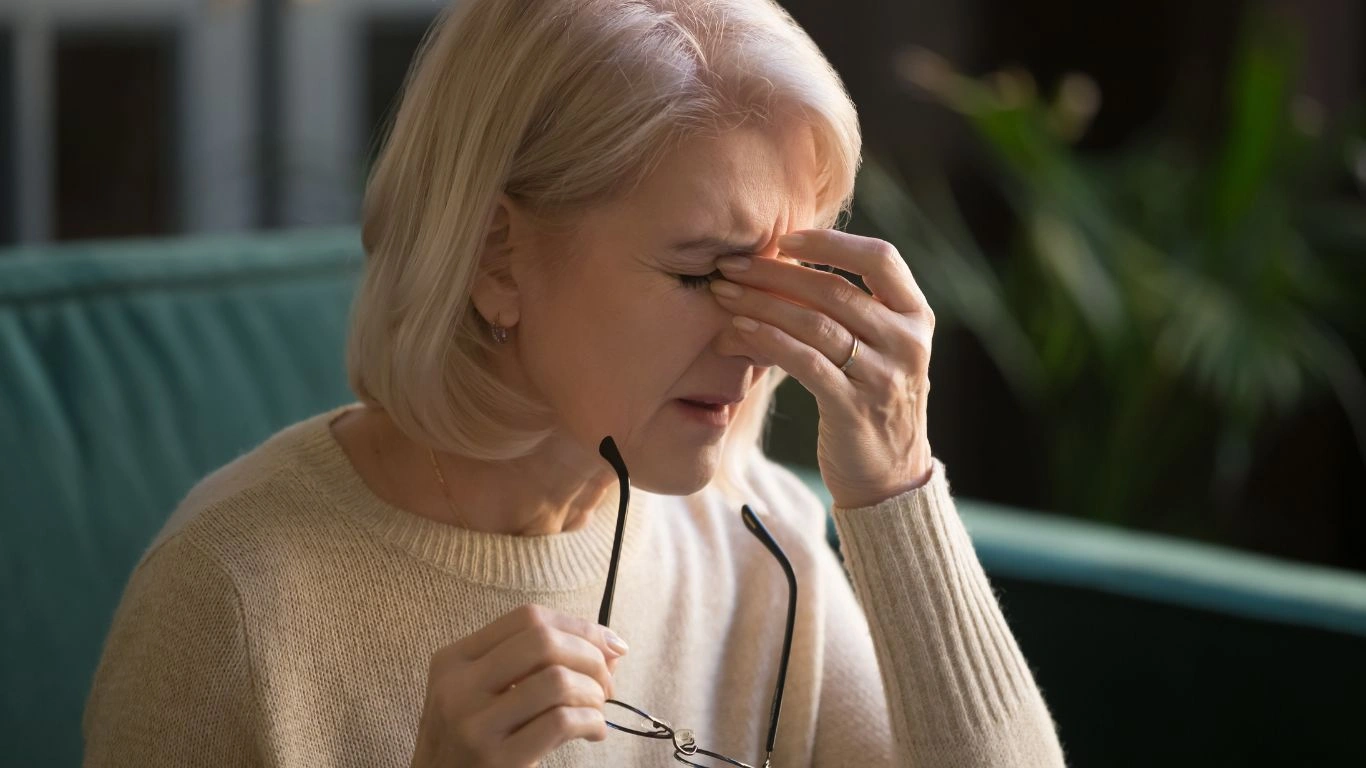
Niacin, a form of vitamin B3, is an essential nutrient that plays a big role in energy metabolism and maintaining healthy skin, nerves, and digestion. In medical settings, it’s often used to help improve lipid profiles — it can raise HDL (the “good” cholesterol) and lower triglycerides.
For many, niacin is a natural go-to for managing cholesterol, especially when other medications aren’t tolerated well. But here’s where it gets tricky: despite its cardiovascular benefits, niacin can have some effects on blood pressure that you should definitely be aware of.
How Does Niacin Affect Blood Pressure?
The short answer: niacin can cause blood pressure fluctuations, including spikes, in certain individuals. This is not the norm for everyone, but it’s something I’ve seen in a subset of my patients. The mechanism involves several factors:
- Vasodilation and Flushing: Niacin causes blood vessels to widen (vasodilation), which can lead to a sudden drop in blood pressure initially — this often results in that classic flushing sensation.
- Reflex Tachycardia: Because of this sudden drop, the heart may respond by beating faster, potentially causing blood pressure to rise afterwards as a compensatory mechanism.
- Fluid Retention: In some cases, niacin can contribute to fluid retention, which can increase blood volume and, subsequently, raise blood pressure.
In my experience, patients who have underlying hypertension or cardiovascular sensitivity are more likely to notice these effects. It’s why I always emphasize careful monitoring when starting niacin, especially at higher doses.
When Can Niacin Cause BP Spikes? Understanding the Risk Factors
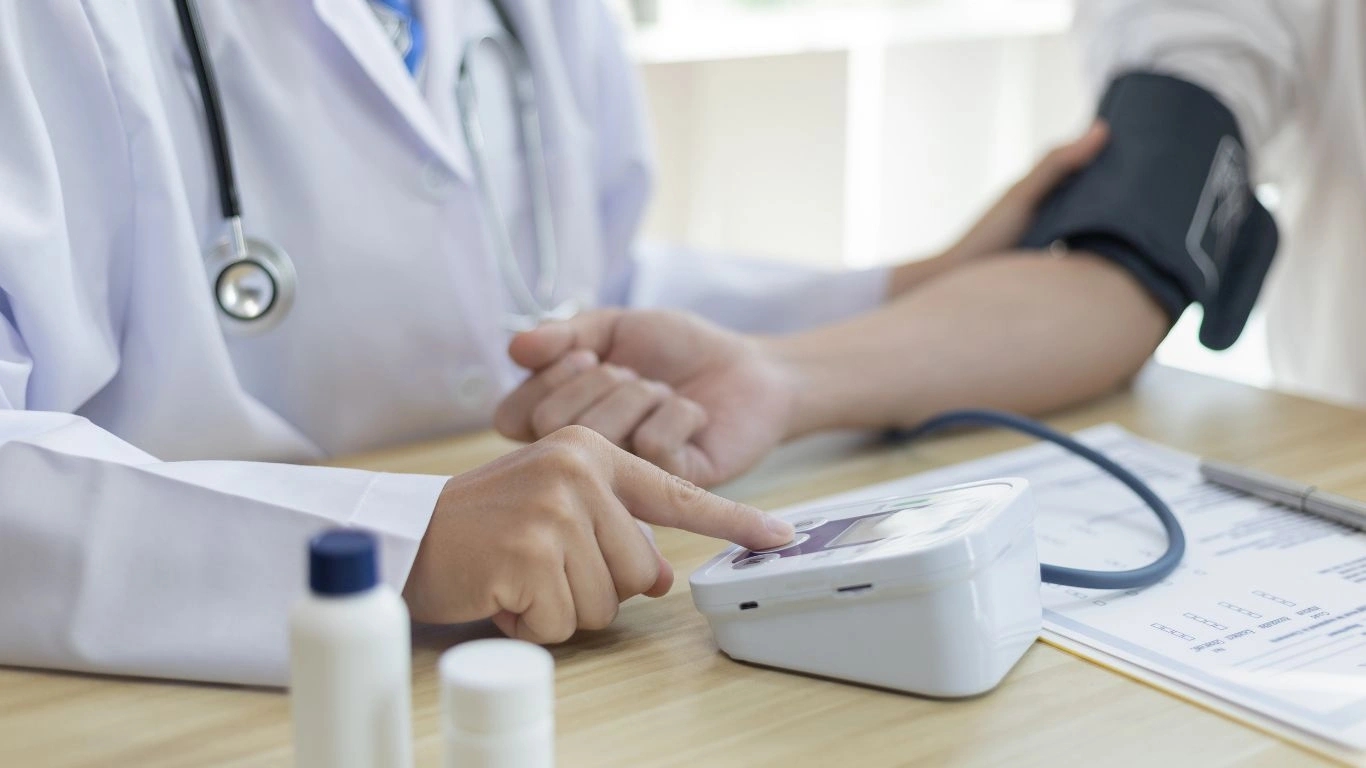
Not everyone experiences blood pressure spikes with niacin, but certain situations increase the risk. From my clinical observations, here are some of the main risk factors:
- Pre-existing Hypertension: Patients with uncontrolled or poorly managed high blood pressure are more vulnerable.
- High Doses of Niacin: Doses above 1 gram daily seem to be more commonly associated with blood pressure changes.
- Concurrent Medications: If you’re on other drugs that affect blood pressure — like beta blockers or diuretics — niacin can interact unpredictably.
- Underlying Heart Conditions: Issues like arrhythmias or heart failure can complicate how your body handles niacin.
- Dehydration or Salt Intake: These can exacerbate fluctuations in blood pressure when combined with niacin’s effects.
From a practical standpoint, if you’re considering niacin, I always recommend discussing your entire medical history with your doctor. We need to weigh the benefits versus the potential risks carefully, especially if your blood pressure is borderline or if you’re on multiple medications.
Managing Niacin-Related Blood Pressure Changes: Practical Tips
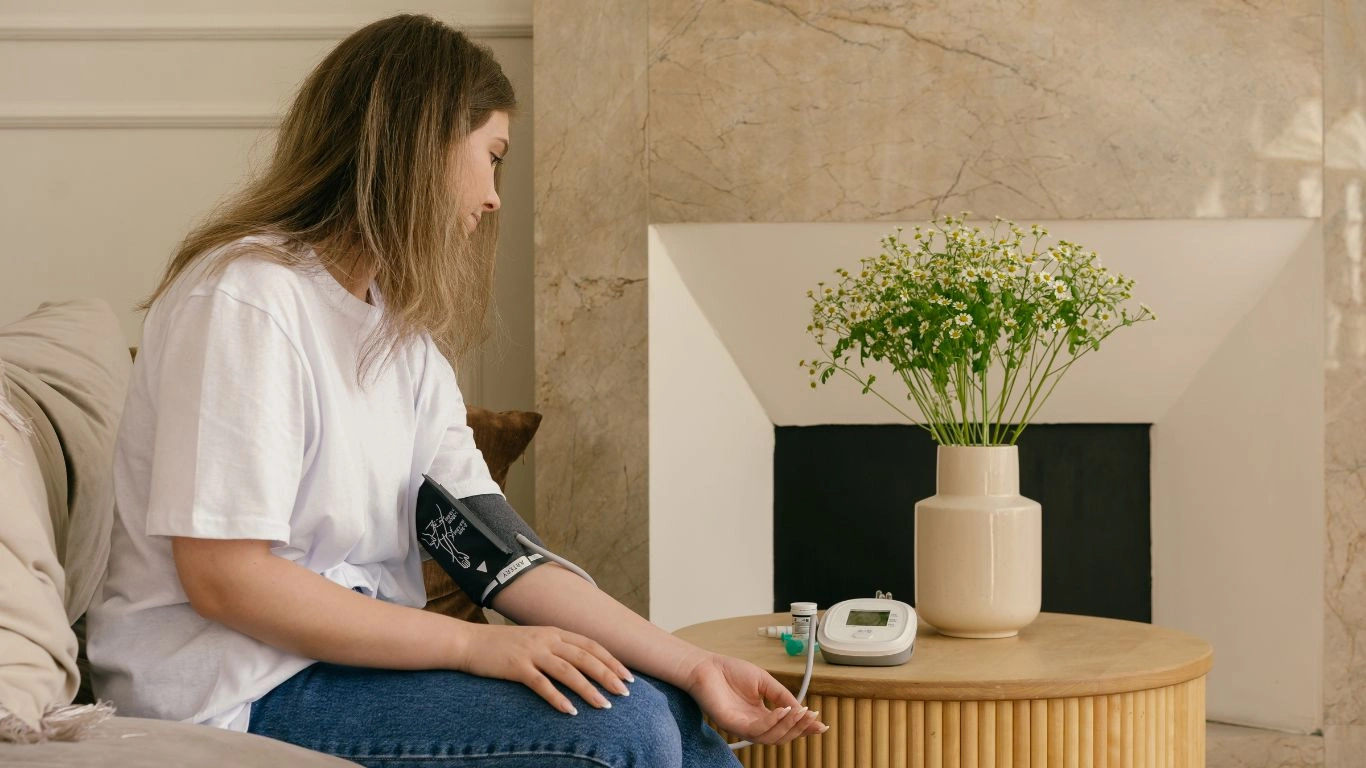
Now, let’s get real about managing those pesky blood pressure spikes that can sometimes come with niacin use. From my years as an internal medicine physician focusing on hypertension, I’ve learned that knowledge and vigilance are your best friends here. You don’t have to ditch niacin altogether, but you do want to approach it smartly.
Start Low and Go Slow
This one’s a classic: when initiating niacin therapy, it’s always better to start with a low dose and gradually increase it. This approach allows your body to adapt without sudden shocks to your cardiovascular system. Many of my patients notice that the flushing and blood pressure shifts become less dramatic over time when we ramp up the dosage gently.
Monitor Your Blood Pressure Regularly
Whether you’re using niacin for cholesterol or any other reason, keeping an eye on your blood pressure at home is crucial. I encourage patients to invest in a reliable home blood pressure monitor and log their readings daily during the first few weeks. This way, we can catch any spikes early and adjust the treatment plan as needed.
Timing and Meal Considerations
Taking niacin with meals can help blunt some of its side effects, including blood pressure fluctuations. Food slows down absorption, which reduces the intensity of vasodilation and flushing. Personally, I recommend patients take niacin after a balanced meal, preferably with some protein and healthy fats to keep things smooth.
Stay Hydrated and Mind Your Salt Intake
Fluid balance plays a huge role in blood pressure control. Niacin might cause some fluid retention, so drinking plenty of water and being mindful of salt intake is essential. I often see better blood pressure stability in patients who avoid excess sodium and keep well hydrated while on niacin.
When to Be Concerned: Signs Niacin Is Affecting Your Blood Pressure
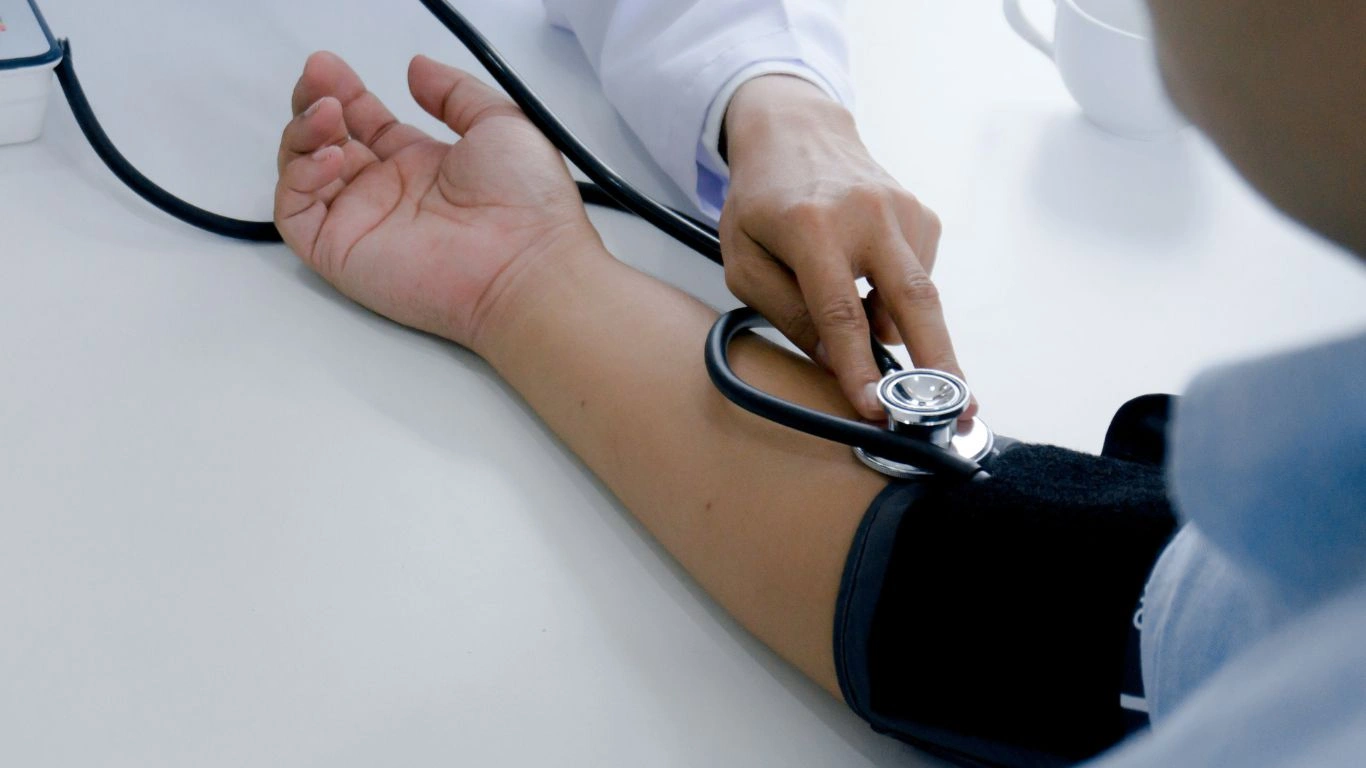
While mild fluctuations are somewhat expected, some changes shouldn’t be ignored. If you’re asking yourself, “Can niacin cause BP spikes?” and wondering when it becomes a problem, here are red flags to watch out for based on clinical experience:
- Sudden, persistent elevation in blood pressure readings above your usual range, especially if accompanied by headaches or dizziness.
- Chest pain or palpitations: These symptoms warrant immediate medical attention.
- Severe flushing accompanied by rapid heartbeat or lightheadedness.
- Swelling in the legs or feet indicating possible fluid retention that could stress the heart.
- Worsening of existing hypertension despite medication adherence.
In my practice, whenever a patient reports any of these symptoms after starting niacin, I prioritize a thorough evaluation to rule out serious complications and often adjust or discontinue niacin accordingly.
My Personal Insights: Patient Stories and Lessons Learned
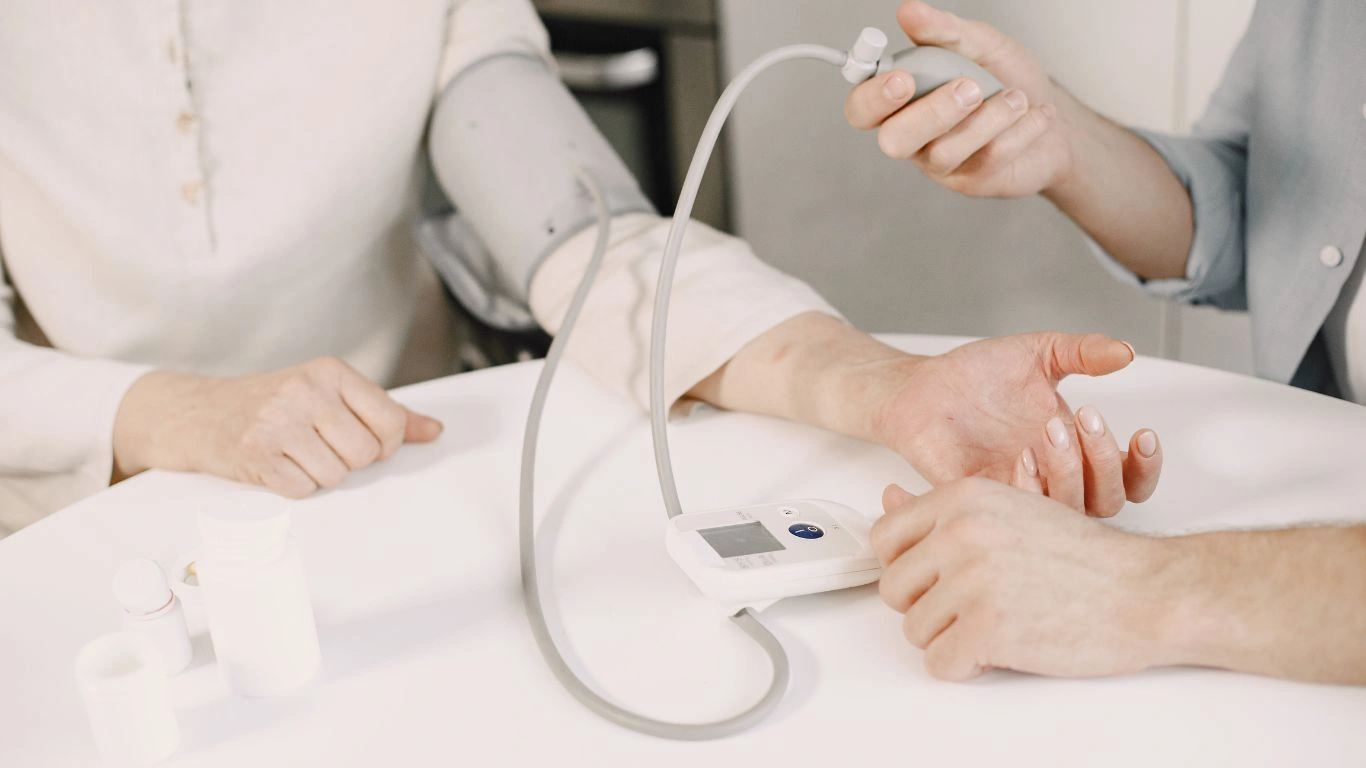
Over the years, I’ve treated many patients juggling hypertension and niacin therapy. One case stands out: a middle-aged man with well-controlled blood pressure started niacin to help with his stubbornly high triglycerides. Within days, he experienced sudden spikes in BP and flushing that scared him enough to call my office.
We quickly adjusted his niacin dose and added closer blood pressure monitoring. Within a couple of weeks, his readings stabilized, and he tolerated the medication well without compromising his blood pressure control. This experience reinforced for me that niacin isn’t inherently dangerous for hypertensive patients, but it requires respect and careful management.
Another patient, a woman in her 60s with resistant hypertension, found that niacin triggered more severe blood pressure fluctuations. We ultimately decided to stop niacin and switch to alternative lipid-lowering therapies, which she tolerated much better. These real-world examples show how individualized the response can be and why a one-size-fits-all approach doesn’t work.
Consult Your Doctor Before Starting Niacin
As a rule of thumb, always talk to your healthcare provider before adding niacin supplements, especially if you have a history of hypertension. Your doctor can help assess your unique situation, monitor potential side effects, and guide you toward the safest and most effective treatment plan.
Remember, managing blood pressure is a balancing act. Niacin can be part of that equation but only with close attention and respect for how your body responds.
Alternative Approaches for Managing Cholesterol Without Risking BP Spikes

If you’ve been wondering, “Can niacin cause BP spikes?” and are feeling a bit wary about using it, you’re not alone. Many patients I’ve worked with prefer to explore alternative strategies that don’t carry the same blood pressure risks. The good news? There are plenty of options to help manage cholesterol and support heart health without triggering those frustrating spikes.
Lifestyle Modifications: Your First Line of Defense
Before jumping into any supplement or medication, I always advocate for the power of lifestyle changes. Based on my clinical experience, these adjustments can significantly improve both blood pressure and cholesterol levels:
- Balanced Diet: Emphasize whole foods, plenty of fruits and veggies, lean proteins, and healthy fats like olive oil and nuts. The Mediterranean diet is a great example that benefits both hypertension and lipid profiles.
- Regular Exercise: Aim for at least 150 minutes of moderate aerobic activity weekly. Exercise helps lower LDL cholesterol and raise HDL, plus it stabilizes blood pressure.
- Weight Management: Even a modest weight loss can have a big impact on your blood pressure and cholesterol.
- Limit Alcohol and Avoid Smoking: Both can worsen hypertension and heart disease risk.
In my practice, patients who commit to these lifestyle tweaks often find they need fewer medications, and their overall cardiovascular health improves.
Medications That Are Less Likely to Cause BP Spikes
When lifestyle alone isn’t enough, there are several lipid-lowering agents that typically don’t affect blood pressure adversely:
- Statins: These are usually the first line for cholesterol management. They have a solid track record of safety in hypertensive patients.
- PCSK9 Inhibitors: A newer class of drugs that effectively lower LDL cholesterol without impacting blood pressure.
- Fibrates: Often used to lower triglycerides, they generally have minimal effects on blood pressure.
Of course, every medication comes with its own set of considerations, so personalized consultation with your healthcare provider is key.
What Research Says About Niacin and Blood Pressure
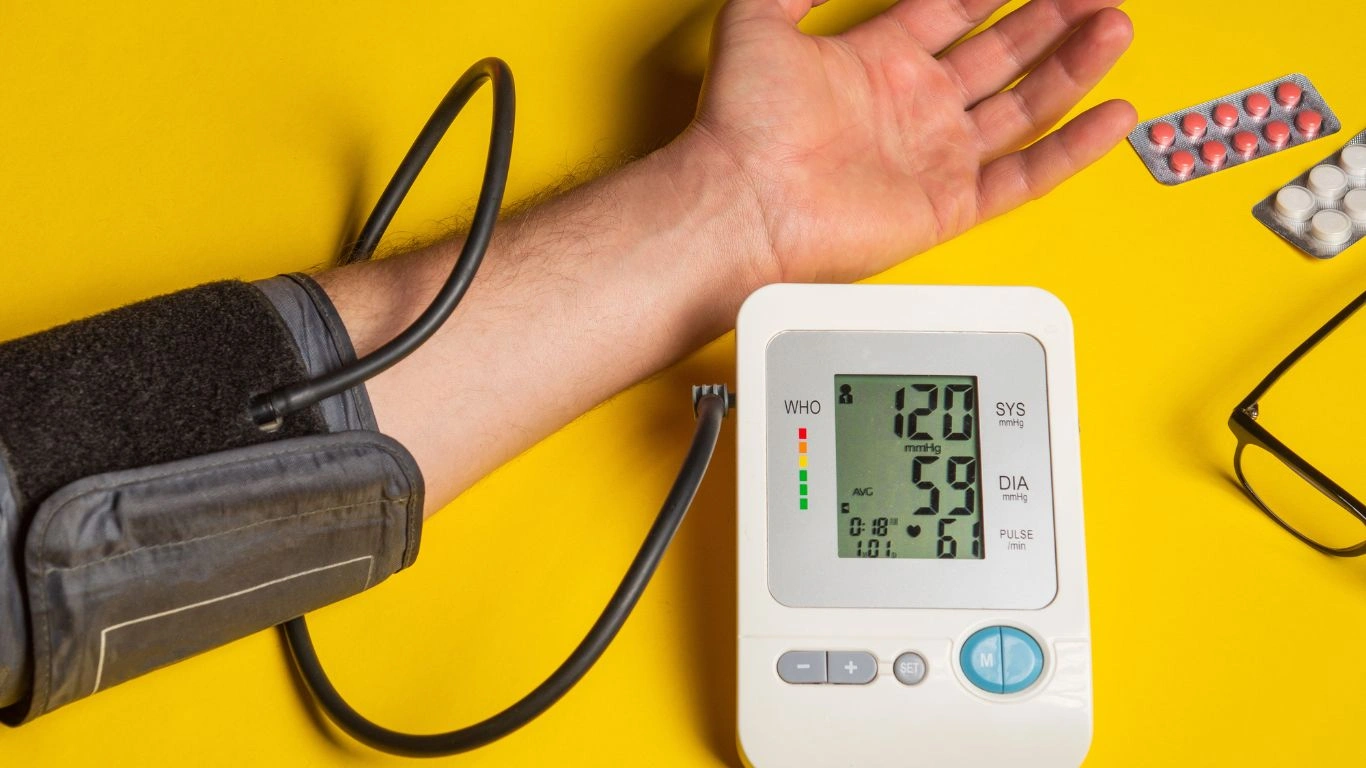
From an evidence-based perspective, clinical trials have shown mixed results regarding niacin’s effect on blood pressure. Some studies report transient drops due to vasodilation, while others note cases of blood pressure spikes linked to compensatory mechanisms or fluid retention. My approach as a physician has always been to combine this research with close clinical observation.
It’s worth noting that the large-scale lipid-lowering trials, like the AIM-HIGH and HPS2-THRIVE studies, highlighted that while niacin can improve cholesterol numbers, its impact on cardiovascular outcomes and safety, including blood pressure effects, requires careful patient selection.
What this means practically is that niacin might be suitable for some hypertensive patients if monitored properly, but it’s definitely not a one-size-fits-all. Personalized medicine and ongoing assessment remain crucial.
Final Thoughts on Niacin and Blood Pressure Spikes
As a doctor who has managed hundreds of patients with hypertension, I can say that the question “Can niacin cause BP spikes?” deserves a nuanced answer. Yes, it can — but not everyone will experience this, and it often depends on the dose, individual sensitivity, and existing health conditions.
The key takeaway? If you’re considering niacin, especially for cholesterol management, it’s essential to:
- Consult your healthcare provider first.
- Start with low doses and increase gradually.
- Monitor your blood pressure regularly.
- Adopt heart-healthy lifestyle habits alongside.
- Report any unusual symptoms promptly.
With this balanced approach, you can harness niacin’s benefits while keeping your blood pressure in check.
References
- American Heart Association
- AHA Journals
- National Heart, Lung, and Blood Institute
- American College of Cardiology
Disclaimer
This article is for informational purposes only and does not substitute professional medical advice, diagnosis, or treatment. Always consult your healthcare provider before starting or stopping any medication or supplement, including niacin. Individual health conditions and responses to treatments can vary, so personalized guidance from a qualified professional is essential.

Dr. Gwenna Aazee is a board-certified Internal Medicine Physician with a special focus on hypertension management, chronic disease prevention, and patient education. With years of experience in both clinical practice and medical writing, she’s passionate about turning evidence-based medicine into accessible, actionable advice. Through her work at Healthusias.com, Dr. Aazee empowers readers to take charge of their health with confidence and clarity. Off the clock, she enjoys deep dives into nutrition research, long walks with her rescue pup, and simplifying medical jargon one article at a time.

